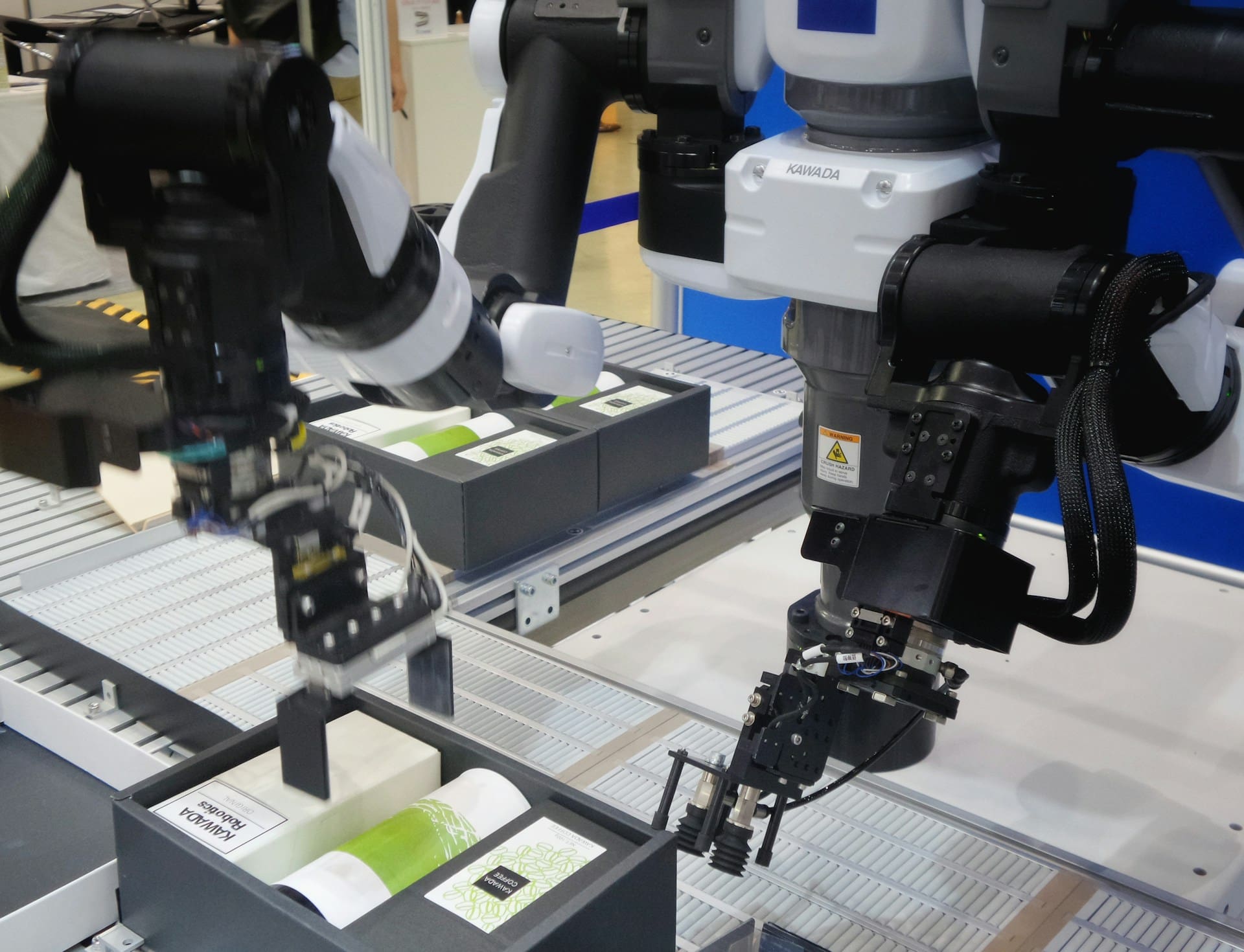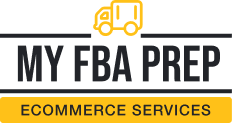
Co-Packing for Startups: How to Scale Without the Overhead

Launching a consumer product brand is an exciting journey—but scaling production can quickly become one of your biggest hurdles. For early-stage brands, the cost of building a manufacturing facility, buying equipment, and hiring staff is often out of reach. That’s where co-packing services for startups come in.
A good co-packer (short for “contract packager”) allows you to focus on product development, branding, and sales while they handle the heavy lifting of production and packaging. For startups looking to grow without burning cash, co-packing is a powerful way to scale efficiently, minimize risk, and stay lean.
What Is a Co-Packer?
A co-packer is a third-party company that packages your product for you—often also handling mixing, filling, labeling, and preparing it for shipment. Depending on the facility, co-packers may provide everything from basic assembly to turnkey manufacturing and logistics solutions.
For startups, working with a co-packer means you don’t need to invest in your own factory or warehouse. Instead, you can produce high-quality, shelf-ready products without the operational complexity of doing it all yourself.
Why Co-Packing Services Are Ideal for Startups
1. Low Capital Investment
Startups often have limited budgets, and co-packing allows you to avoid costly upfront infrastructure. There’s no need to buy industrial equipment, lease manufacturing space, or manage a large operations team. You pay for production as needed, freeing up capital for marketing, inventory, or product development.
2. Faster Time to Market
Working with an experienced co-packer accelerates your path from prototype to launch. They already have the facilities, staff, and certifications required to produce food, beverage, supplements, cosmetics, and other consumer products—so you can skip the setup and start selling faster.
3. Access to Expertise
Many co-packers offer value beyond production. They may provide formulation advice, help you navigate labeling regulations, or suggest improvements for shelf stability. For example, a beverage startup might learn from a co-packer whether hot-fill, cold-fill, or aseptic processing is best for their product.
4. Scalable Production
As your demand grows, your co-packer can grow with you. Whether you’re making 500 units for a test market or 50,000 units for a national retail launch, co-packers can adjust their production volumes to meet your needs. This flexibility is critical for startups navigating unpredictable sales patterns.
5. Integrated Logistics
Some co-packers offer warehousing, freight, and even fulfillment services. For startups without logistics infrastructure, this can be a game-changer. It allows you to produce, store, and ship your products from a single location—reducing lead times and shipping costs.
What to Look for in a Startup-Friendly Co-Packer
Not all co-packers are created equal, and not all are willing to work with early-stage brands. When evaluating co-packing services for startups, look for these attributes:
- Low Minimum Order Quantities (MOQs): Can they support small batches for initial launches?
- Formulation Support: Do they offer help developing or refining your recipe or formula?
- Flexible Packaging Options: Can they fill into different formats like bottles, pouches, or jars?
- Regulatory Certifications: Are they compliant with FDA, USDA, or relevant authorities in your product category?
- Startup Experience: Do they have a track record of working with emerging brands?
Don’t hesitate to ask for references, visit their facility, or request trial runs before committing to a long-term relationship.
Common Co-Packing Services Startups Use
One of the biggest advantages of working with a co-packer is the breadth of services they offer—many of which would be prohibitively expensive or operationally complex for startups to manage on their own. Whether you’re launching a powdered supplement, ready-to-drink beverage, or skincare product, co-packing services allow you to tap into professional-grade production capabilities without investing in your own facility or staff.
Here’s a deeper look at the most common co-packing services startups rely on to scale smartly:
1. Blending and Mixing
This is often the first stage of production, where raw ingredients are combined into a finished formula. Co-packers can precisely blend powders, liquids, or granules according to your specifications using industrial mixers that ensure uniformity and consistency. This is especially important for supplements, protein powders, functional beverages, or spice blends where exact ratios affect flavor, function, and compliance.
Example: A superfood brand provides its proprietary blend of ingredients, and the co-packer uses ribbon blenders to batch-mix the formula consistently before filling.
2. Filling and Sealing
Once your product is blended, it needs to be filled into the final container—be it a jar, bottle, pouch, or sachet. Co-packers typically offer automated filling lines tailored to your container type and product viscosity. From carbonated drinks to sticky nut butters, they ensure each unit is accurately portioned, sealed, and ready for retail or shipment.
Example: A beverage startup can choose between cold-fill, hot-fill, or aseptic filling depending on their formula and shelf-life goals.
3. Labeling and Sleeving
Presentation matters. Co-packers apply your branded labels, shrink sleeves, or tamper-evident seals in a way that meets both aesthetic and compliance standards. Whether you’re using pressure-sensitive labels or full-body sleeves, they ensure precise alignment and adhesion—something that can be hard to do consistently in-house.
Example: A CBD-infused drink brand works with a co-packer to apply matte-finish shrink sleeves with a clean, premium look suitable for boutique retailers.
4. Cartoning and Palletizing
Once your product is packaged and labeled, it needs to be organized for transportation and retail. Co-packers can case-pack units into cartons, shrink-wrap them into multipacks, and palletize them according to retailer or distributor requirements. This not only streamlines shipping but also ensures your product arrives safely and meets compliance standards for large retailers like Whole Foods, Target, or Amazon.
Example: A DTC startup preparing to pitch wholesale accounts uses a co-packer to create shelf-ready 6-packs with branded master cartons.
5. Quality Assurance Testing
Ensuring your product is safe, consistent, and shelf-stable is critical—especially if you’re selling consumables. Many co-packers offer QA testing, including microbial testing, pH balancing, allergen checks, and shelf-life testing. This gives startups peace of mind and helps prevent costly product recalls or compliance issues.
Example: A natural juice company relies on its co-packer’s lab to test for microbial stability and validate a 30-day refrigerated shelf life before launching.
Bonus Services Some Co-Packers Offer
Depending on your co-packer and your growth stage, you might also gain access to:
- Ingredient sourcing: They can procure bulk raw materials at better prices.
- Packaging procurement: Access to supplier relationships for bottles, caps, pouches, etc.
- Formulation and R&D: Help refining your product to improve taste, cost, or shelf stability.
- Fulfillment and logistics: Some co-packers offer in-house warehousing and shipping.
By leveraging these services, startups can stay focused on growth—while their co-packing partner handles the technical and operational complexities of manufacturing.
When Should a Startup Use a Co-Packer?
Startups often engage a co-packer when:
- They’ve outgrown a shared kitchen or home production setup. Are your cabinets overflowing, and business ingredients getting mixed up with personal?
- They need to meet retailer or distributor requirements for packaging and consistency. Is a buyer asking for GS1 barcodes, nutritional panels, or tamper-proof seals—and you’re not sure where to start?
- They’re preparing for a crowdfunding fulfillment or DTC launch. Do you have hundreds of pre-orders and no clear plan for how you’ll actually make and ship the product?
- They want to scale quickly without hiring a full operations team. Are you spending more time filling pouches than marketing your product or closing deals?
- They need to reduce production errors or improve product presentation. Have you had misprints, leaky seals, or uneven fills that make your product look unprofessional?
Wrapping up — Grow Smart, Not Just Fast
Co-packing services for startups give growing brands the operational power of a full-scale manufacturer—without the overhead. By partnering with the right co-packer, you can focus on what matters most: building your brand, serving your customers, and growing your business.
At MyFBAPrep, we work with fast-growing CPG and eCommerce brands to streamline their backend—whether you need fulfillment, prep, or integrated logistics after your co-packer finishes production. Pair your product innovation with a supply chain built to scale.
